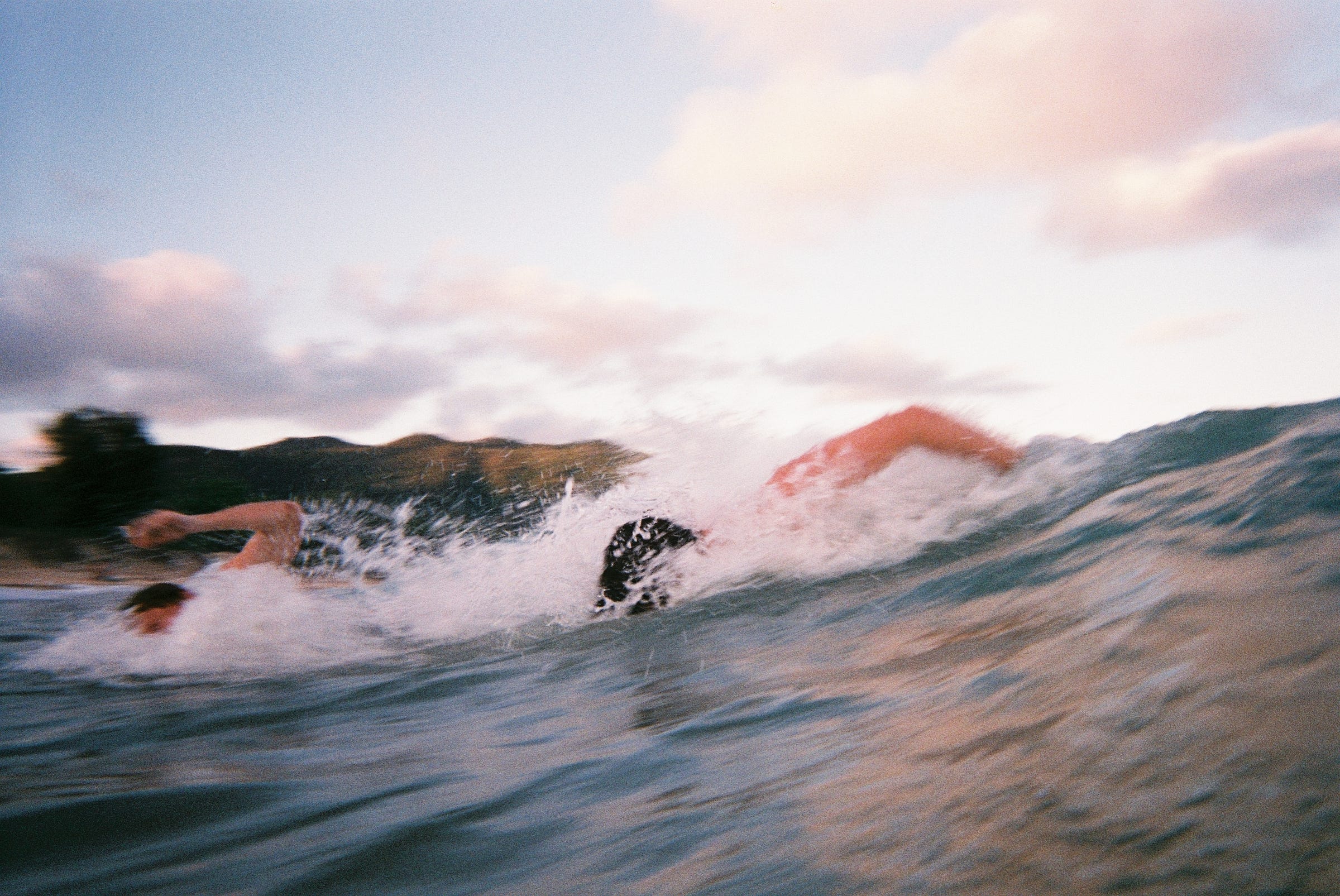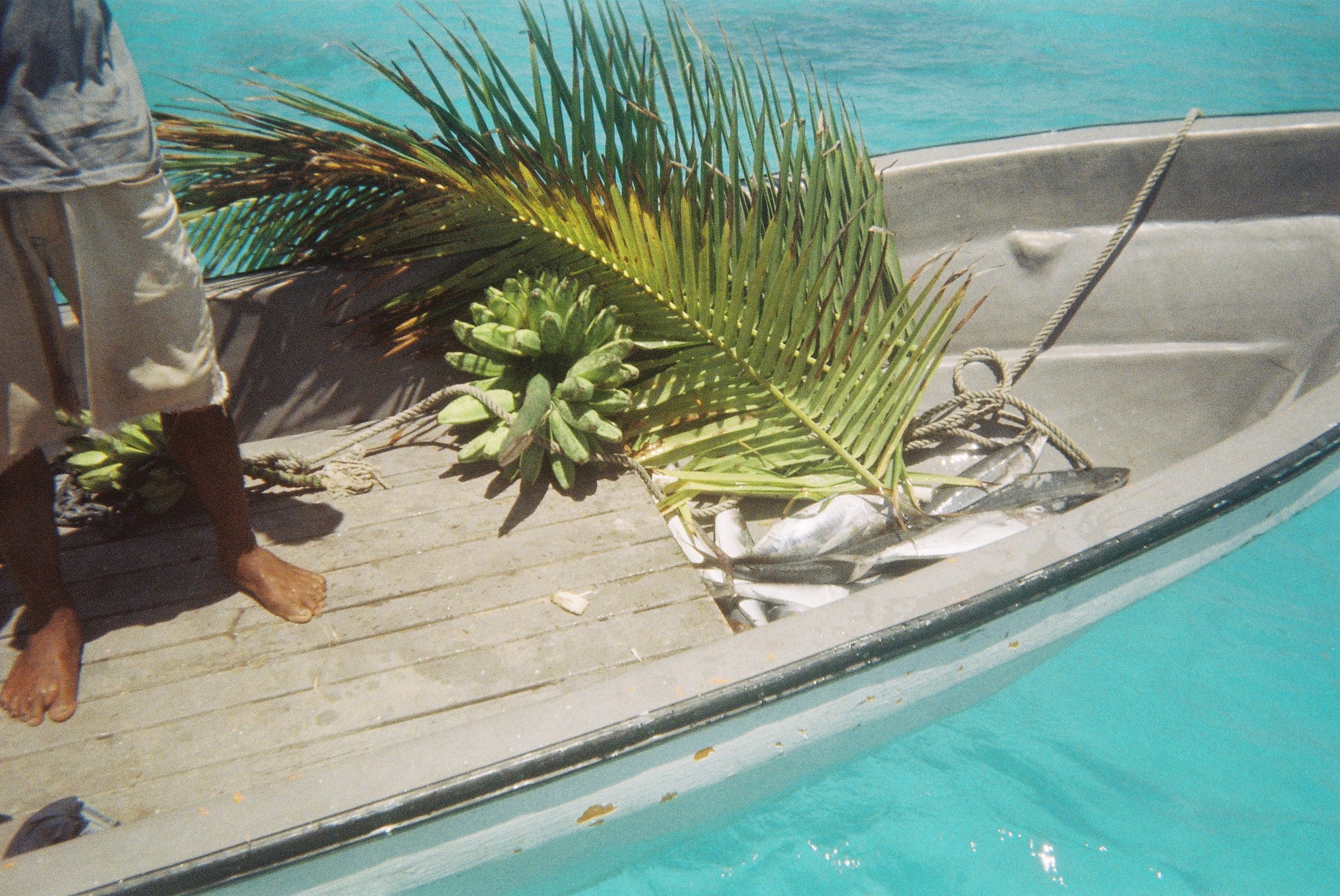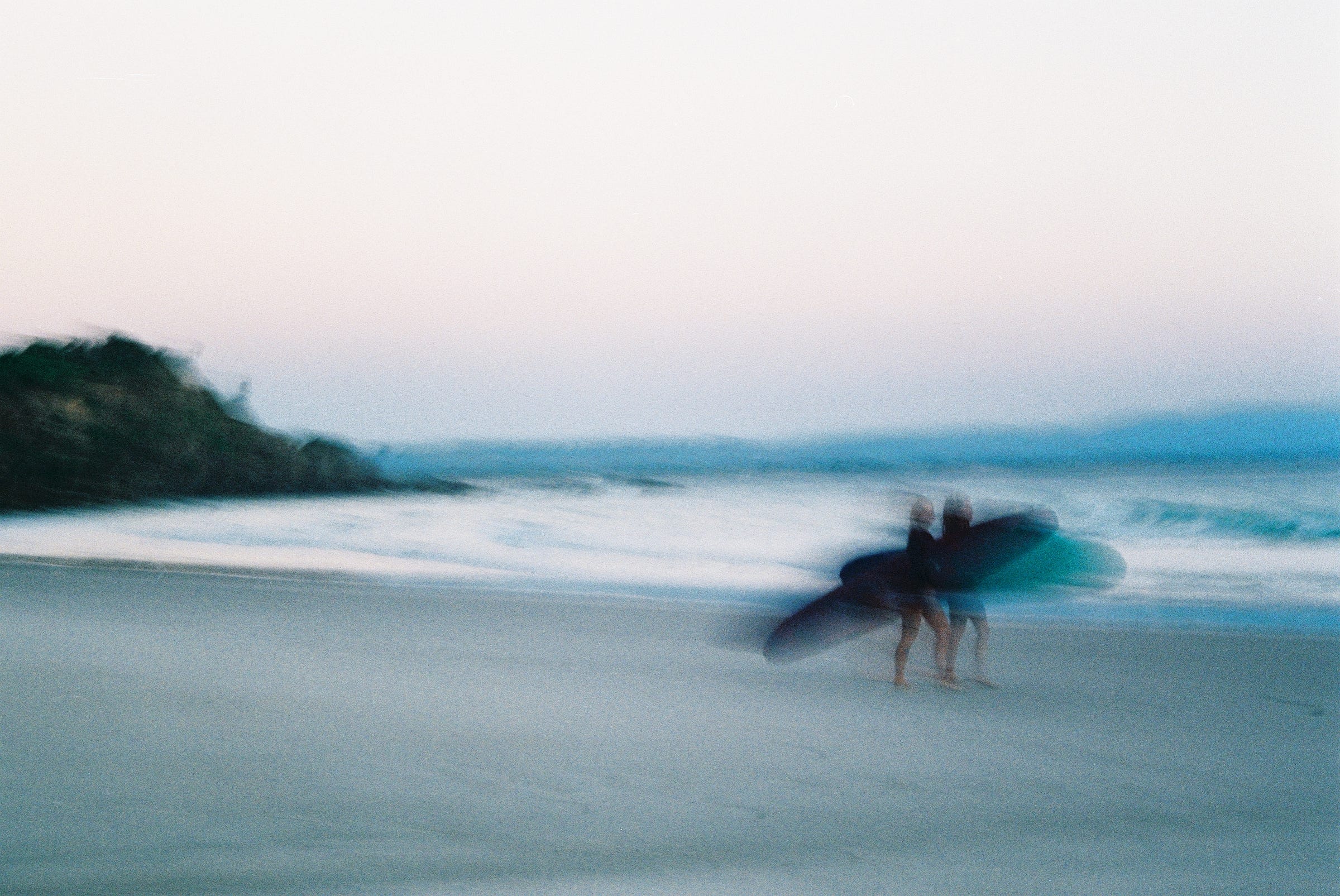The inception of this space became something tangible in the late, humid months of last year, when the heat becomes so thick that it feels like it is sitting under your skin. Since then, I have accumulated a lovely pile of drafts that haven’t (yet) seen the light of day. I knew what I wanted this space to feel like but couldn’t put my finger on how to create that feeling. There was disconnect between the chunky, academic-esque pieces that I was working on and my original impetus – to engage with a slew of topics creatively and curiously, to let my words flow a little more freely, and to explore a movement towards an anthropological practice that is rich in story, and something of an attempt to disentangle the other. I was craving a space beyond the walls of academia, where I am beginning to carve out my research career. Feeling slightly disappointed with myself in not having published anything in the new year, I’ve sat down today with the intention to just let the words flow, and already, it feels good and right. One big, beautiful brain dump. An introduction of sorts.
So, here goes.
Formally, I study Anthropology and Marine Biology. A combination that is often met with confusion and enquiry. Fisheries are the most apparent juncture where people and the sea converge, so a lot of my research has, and will, focus on these complex points of human-nature synergy. Historically the management of fisheries has leant on fisheries science to guide policy and regulatory decision-making processes, but this approach fails to recognise that a ‘fishery’ comprises not just biological fish stocks, but people harvesting, selling, trading, and consuming the harvest too. And these people are not all led by principles of the market and rational actor theory, which fisheries science tends to assume. While there is a theoretical shift toward looking at fisheries as social-ecological systems, there is an interlude between research and practice. Fisherfolk are driven by unique and complex beliefs and values; the exchange of fish in local and global markets tells a many-sided story. I tend to focus on the political ecology of fisheries, and am interested in how power, governance, cultural dynamics, and social structures reproduce, and are produced by, the biology and ecology of the sea. But I have other questions. How do peoples connect with the ocean? Used as decoration differently throughout space and time, what is it about the beauty of shells that is so innate? Why do people share an affinity for some creatures more than others? Why do certain aquatic foods disgust some, yet delight others? When conservation-oriented organisations work in ‘communities’ what transformations occur? What’s in a name? How do local languages relate to the value ascribed to different species? What can the gendered division of labour in the seascape tell us about social structure and ontologies? How have biological oceanographic processes moulded human civilisation? Symbolism, myth, spirituality, the production of space, cultural identity, leisure, totemism, ritual, communitas, community. Food security, neoliberal late-stage capitalism, geopolitical strategy, il/legality, conflict, the blue economy, the concept of value and ecosystem services. The people-and-the-sea nexus is a lens through which we can examine these ideas.
The spell of the sea is one that has hypnotised me since I was a child. Warm memories of frolicking in the waves, falling asleep with sand in my bedsheets later that evening. Besotted with the beautiful orca as a kid, I had big dreams of becoming a marine biologist. Later engrossed by the idea of international relations and global politics as a young adult, I sought out any possible excuse to engage with the world outside of Melbourne’s suburban sticks. A trip to the Kinabatangan as an environmental science student and travelling around SE Asia as a very green eighteen-year-old opened my eyes to other ways of life; months spent living in Nasivikoso, a village in the Fijian highlands; and a rich handful of other lived experiences led me to James Cook University, in the tropical far north of Australia. Here I began my studies in Marine Science, and after a trip to Papua New Guinea researching sharks with a conservation organisation, I became acutely aware of the relationship between the global agendas of conservation and development organisations, and coastal communities participating in small-scale fisheries. I saw Western science from the outside-looking-in and realised that ‘hard science’ is just one form of knowledge production, guided by its own epistemology and arrogance. This was my segue way to Anthropology.
And so, it has been a slow and fortuitous road but one, that in hindsight, seemed discordantly clear. Recently, I found old notebooks and essays of mine gathering dust at my parent’s house. I had forgotten that the focus of my studio arts portfolio, a year of work, was titled Anthropocentrism and Biocentrism. I suppose I have always been keen to understand different ways of knowing the world, and how people can be a part of, yet separate to nature. I’m living in Timor-Leste for the year, researching a few different pieces of the fisheries puzzle. Having just spent the last week studying a local practice called mechi, which involves the annual harvest of palolo worms, I’m at the fore of what I have always been delighted by – people and the sea. Anthropology has allowed me to roam from the water a little, and so, while my research will continue to focus on fisheries, this is a space for the miscellaneous thoughts that roll around in my mind. Essays, film photography, conversations with friends, and stories from the field will lead the way, but I’m also curious to try and convey theories and clunky scholarship from Anthropology in a more happy-go-lucky and less la-di-da format.
Now that I’ve found this new rhythm, I’ll publish every second week.
T.






